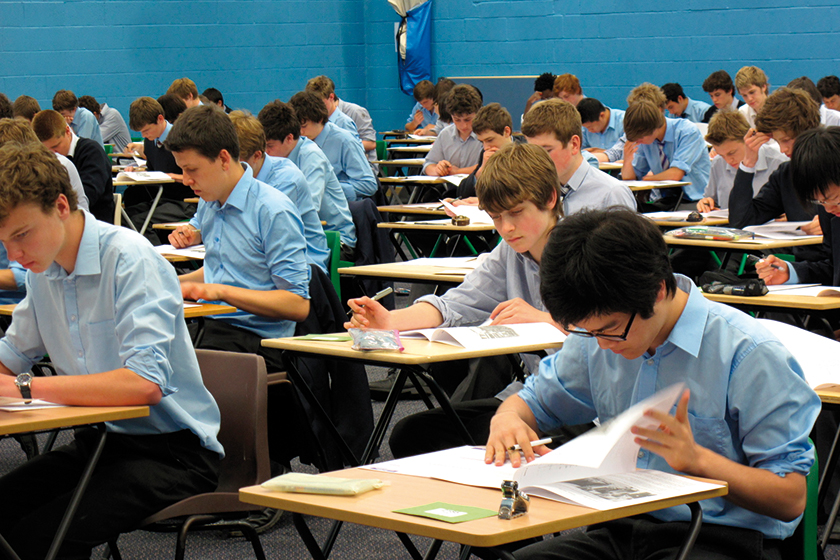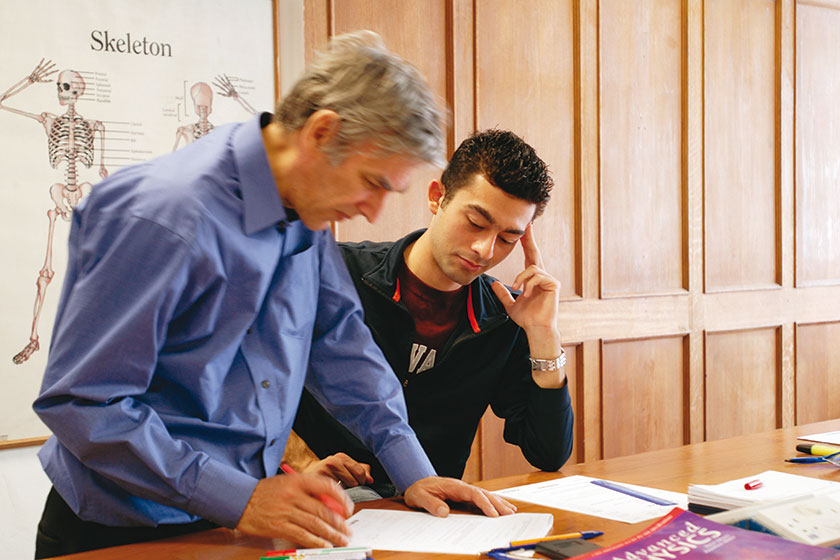Resitting Exams: Everything You Need To Know
By
7 years ago
Resits are the best way to assure your child gets onto the course of their choice – before it’s too late, says Fiona Jerome

Find out everything you need to know about resitting exams in our comprehensive guide to resits.
It’s a nuisance, and it’s expensive, so if your son or daughter has only just missed out on the grade you were hoping for at A-level, is it worth them resitting exams?
Resitting GCSE exams; is it worth it?
In the current climate most people would say categorically yes! With universities requiring more competitive entry requirements, if there’s a chance they can raise their grades it’s worth the time and money to make sure they get to their first choice of university. After all, the cost of sending them to university for three or four years makes the cost of a couple of resits seem (comparatively) cheap. Be warned, however, that it is comparatively.
You can expect to spend around £7,000-9,000 on a full year’s tuition at a top tutorial college, or £3,500 for a term, which will consist of a mixture of one to one teaching and small group lessons.
If your child’s staring glumly at their results having missed out on that top grade, or has unexpectedly received a C when the teacher was hopeful of an A it’s definitely worth having another go.
Are resit exams harder, or easier?
Second time around nerves are often less prevalent because they feel doubly prepared, having revised with tutors who are specially trained to deal with resits and learned more about how to maximise their chances of getting enough marks to raise their grade. This can make the resit exams easier on the students, despite the core content being the same.
Doing better in A-Levels is often a case of method over material. Students rarely need to learn more, they just need to learn how to express what they know in a way that will tick all the examiner’s boxes and therefore rack up the extra points they need. If they are close to the threshold for the next grade up, simply improving their score in one area of the paper may be enough to get the magic grade.
But the most important thing to do, before even picking up the phone to a tutorial college, is for you and your child to try and work out what went wrong and why the expected grade didn’t materialise.
Were they expecting different kinds of questions? Did their time planning work or did they find themselves rushing and only half answering one part of the paper? Did something extraordinary happen around the time of or even during the examination that could have thrown them off their stride? Was there an area they didn’t understand or didn’t feel they got to grips with properly? Or in their heart of hearts do they know they spent more time on Facebook than with their face in a book, when they were supposed to be revising?
Resitting exams for university; what to expect
Getting to the bottom of the cause will allow them to avoid the same pitfalls next time and you to assess whether resits are realistic, and what improvement they can reasonably hope to achieve.
Students can go up from a D to an A but that’s the exception rather than the rule. You don’t want them to go into the process expecting miracles and for them to be disappointed again if they don’t achieve the goal they’ve set for themselves. Good tutorial colleges routinely get students up two grades, but they cannot guarantee anything.
‘Depending on your initial grade, you should expect to improve by one or two grades for each subject you resit,’ says Kirby. ‘Thus, either a D or C grade might easily improve to a B grade. On average, we expect 75 per cent of resit grades to result in an A or B grade.’ – Mike Kirby, the Principal of Ashbourne College

Think of resitting exams as more of a chance to hone their score, not a failure at all. After all, most people don’t pass their driving test first time but no one thinks it odd if they have another go, or judges them any worse a driver for passing second time around.
Different tutorial colleges offer different programmes. Some recommend taking subjects separately, others studying several simultaneously if several exams are to be retaken. It’s worth searching for a specialist tutor or course for the subjects in question, for example to resit a maths GCSE privately.
The promise of a short sharp term of study to resit examines in January, followed by half a year of interesting activity – perhaps a trip abroad or useful work experience – can do wonders to focus a slightly dreamy or more impatient student’s attitude. Others will do better with a gradual approach, with resits in June, especially if they have more than one subject to revise, and may get reassurance from the idea of taking a year to feel thoroughly confident about the exams.
Get over not getting the expected grades, put in the graft and keep going is the message you, as parents, should be sending out.



